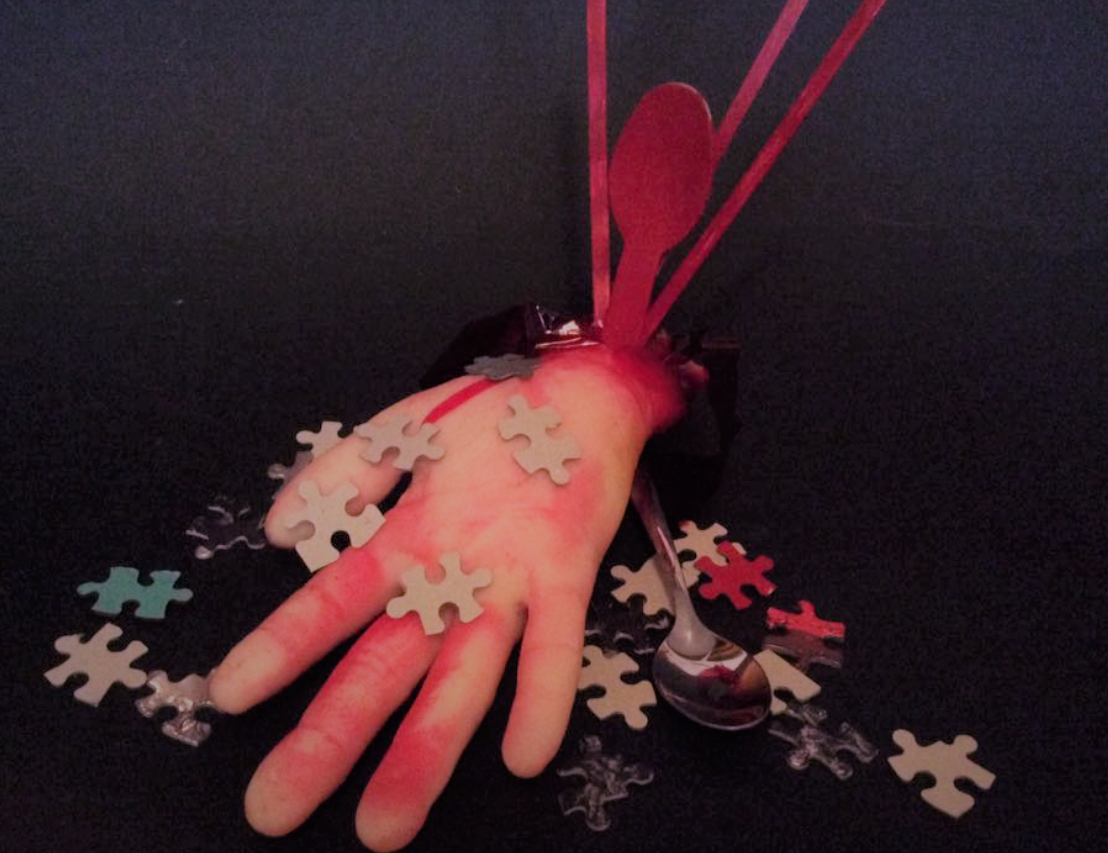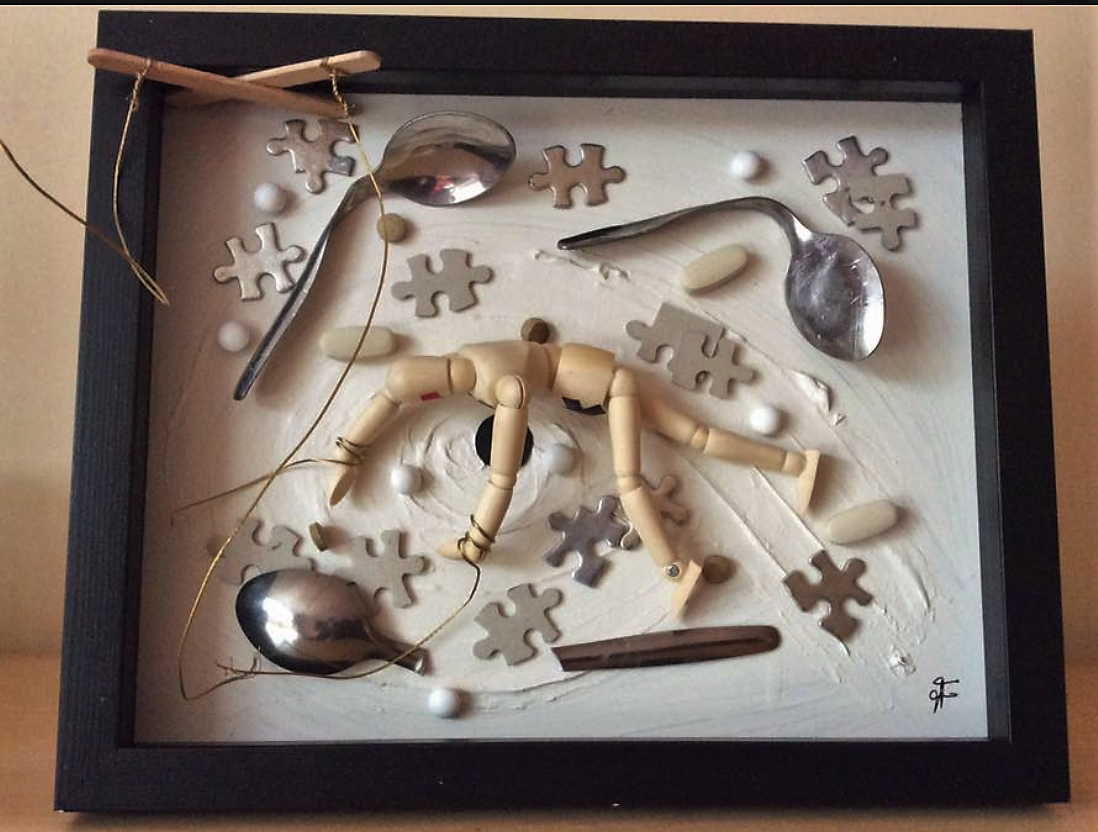Rightful Lives is a powerful online exhibition shedding light on tender and treasured moments of learning disabled people, and their families, as well as distressing and painful experiences.
The exhibition features visual art, films, poems, photos, stories, audio recordings and more, and showcases creative expression from a variety of learning disabled people – including individuals who live with autism and learning difficulties, as well as their family members, carers, teachers and friends.
Rightful Lives is themed around human rights and through focusing on four specific articles of the Human Rights Convention, highlights how crucial right rights are in all spheres of life.
The exhibition is all the more resonant in light of the news this week that the use of restraints on NHS patients with learning disabilities has nearly doubled.
Mark Neary, one of the people behind Rightful Lives, explains the motives behind the exhibition.
“The idea was born as a reaction to the quiet denial of human rights that often seems to take place in our society with people with autism and or learning difficulties.
“Degrading language is sometimes used in reference to learning disabled people, which can create a dehumanising narrative and mean their rights are not fully upheld.”
We’ve highlighted some of the pieces in the exhibition and explained how they tie in with the relevant articles of the Human Rights Convention.
Article 3: Prohibition of Torture and Inhuman Treatment
Article 3 of the Human Rights Convention states: “No one shall be subjected to torture or to inhuman or degrading treatment or punishment.”
This means all treatment of people in ways which violate dignity and cause severe physical or mental suffering is not permitted.
From feeling as though doctors do not take their concerns seriously, to horrific stories of abuse, it is clear that not only do many learning disabled people feel they are not receiving the quality of care they should be, but their human rights are being violated.
A selection of images from Jen Fookes’ series I Can’t Do This Anymore:
 Hitting Head on a Brick Wall (Credit: Jen Fookes)
Hitting Head on a Brick Wall (Credit: Jen Fookes)
 One Size Fits All (Credit: Jen Fookes)
One Size Fits All (Credit: Jen Fookes)
 Can’t do this Anymore (Credit: Jen Fookes)
Can’t do this Anymore (Credit: Jen Fookes)
Article 2: The Right to Life
Article 2 of the Human Rights Convention states “Everyone’s right to life shall be protected by law.”
According to Mencap, there are 1,200 avoidable deaths of learning-disabled people every year under NHS watch.
This is an extract from Julia, who’s writing about her brother Anthony. Sadly, Anthony passed away in May 2015 and an inquest recorded death by neglect.
“Standing on the neat grass outside your beloved Gallwey that warm summer afternoon, engrossed, your head bowed, scanning the ground to spot a familiar object. I called to you and your head shot up. Eyes alight and then, irrepressible loud laughter and joy! Your heart and spirit soared as you sprinted free across the grass, too funny how I had just silently appeared from nowhere.
You jumped, laughing and bursting with happiness then throwing yourself heavily to the ground! A loud thump. Whew! Strength, stamina, energy, all contained. Nothing hurt, no reason for any fuss.”
Article 5: The Right to Liberty
Article 5 of the Human Rights Convention states “everyone has the right to liberty and security of person.”
This means everyone has the right to their freedom, and to not be unfairly imprisoned. There have been various instances of learning disabled people being placed in facilities far away from their homes and families, often without parental consent.
Steven and Mark’s video shows how they harnessed the power of human rights to bring Steven home when this happened to him.
Steven and Mark Neary:
Article 8: The Right to a Family and Private Life
Article 8 of the Human Rights Convention states “everyone has the right to respect for his private and family life, his home and his correspondence.”
This means that individuals should generally be able to exercise autonomy in how they live their private lives, including home, family, work, health, leisure, education and relationships.
Alex’s mum expressed her son’s right to go to their local school, instead of one specifically for children with disabilities.
The poem featured here was written by Alex’s teaching assistant when he left infant school and progressed to junior school.
Alex and the right to education:

Featured image: Puppet Not Person (Jen Fookes)







